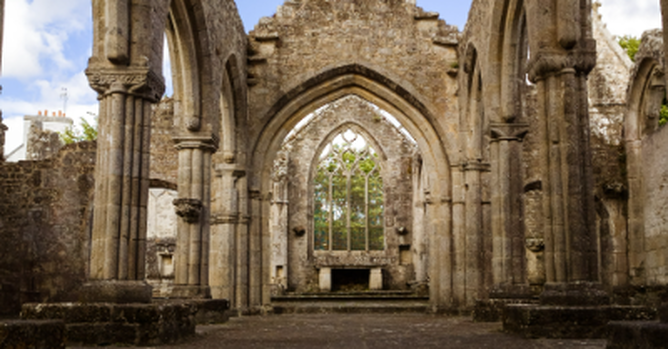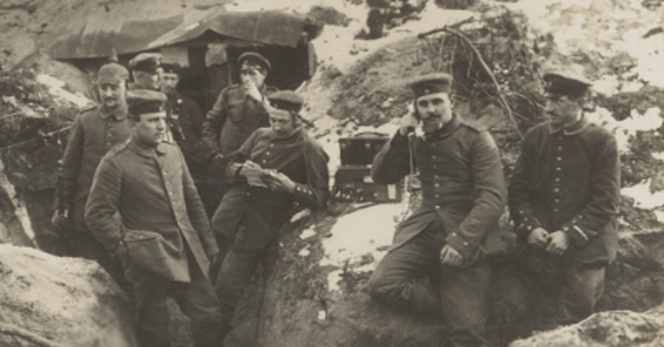|
My blog posts revolve around my interests and vocation as a historian: the intersection of history and contemporary church life, the intersection of history and contemporary politics, serendipitous discoveries in archives or on research trips, publications and research projects, upcoming conferences, and speaking engagements.
I sometimes blog for two other organizations, the Canadian Baptist Historical Society and the Centre for Post-Christendom Studies. The views expressed in these blogs represent the views of the authors, and not necessarily those of any organizations with which they are associated. |
|
For those of us in the West looking at the place of the church in society the words of Galadriel, a royal elf of the woods of Lothlórien in Tolkien’s Lord of the Rings, ring true.
“The world has changed. I see it in the water. I feel it in the Earth. I smell it in the air. Much that once was is lost, For none now live who remember it.” We know it – those of us who are older see how different things are, yet even the younger ones among us have seen rapid social changes that reflect the tectonic shifts in our culture. We are a post-Christendom culture. It can be discouraging to see such loss, and one can easily be overwhelmed or filled with despair at the task ahead. So what is a way forward? Here is a sermon I recently delivered at Acadia Divinity College that looks at three Irish monks and what they have to say to us today about carrying out the work of the church in the midst of a collapsing world. Click Here
1 Comment
A few years ago, I was perusing the wartime Baptist Times (a British Baptist weekly periodical much like a newspaper) and stumbled across an insert that printed attempts by British and German Baptists to argue the merits of their nation’s cause in the Great War (1914-1918). Both sides took great pains to argue their position, making their claims based on their understanding of history, politics, war reports, and experience.
The context for the exchange of opinions seems to have been the British Baptists writing to Swedish Baptists about how they understood Britain to have the cause of justice on its side. German Baptists then decided to write how they saw the war from their perspective – arguing that the German cause was just. British Baptists then went point by point refuting the German arguments. And, as the images below indicate, the Baptist Times printed a blow-by-blow record of the exchanges. |
Archives
May 2024
|


 RSS Feed
RSS Feed
